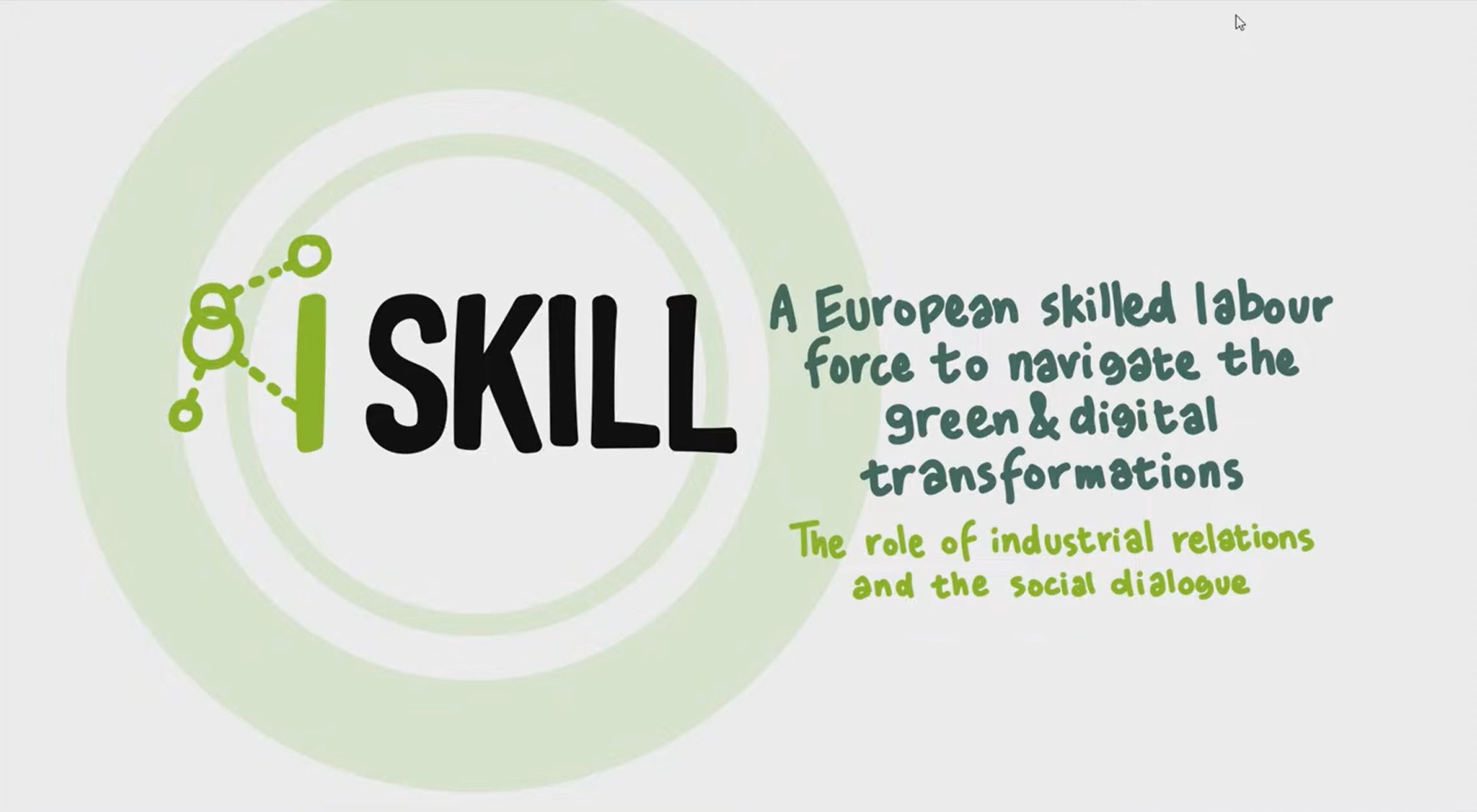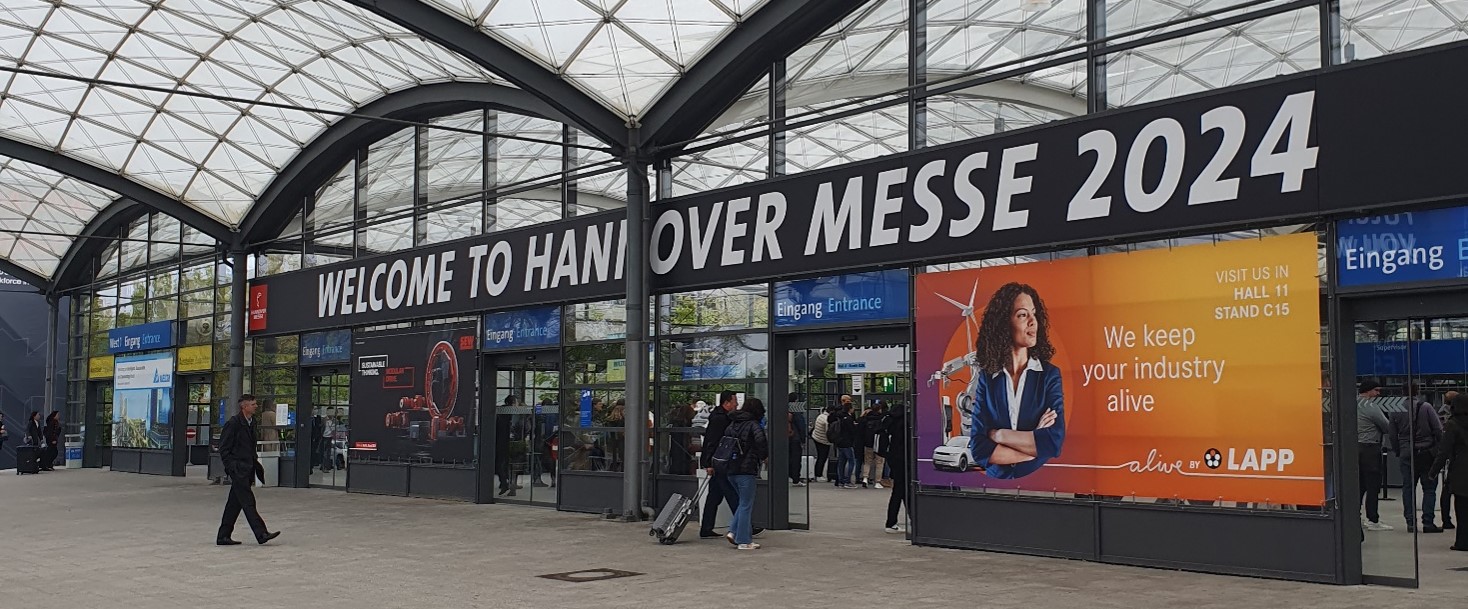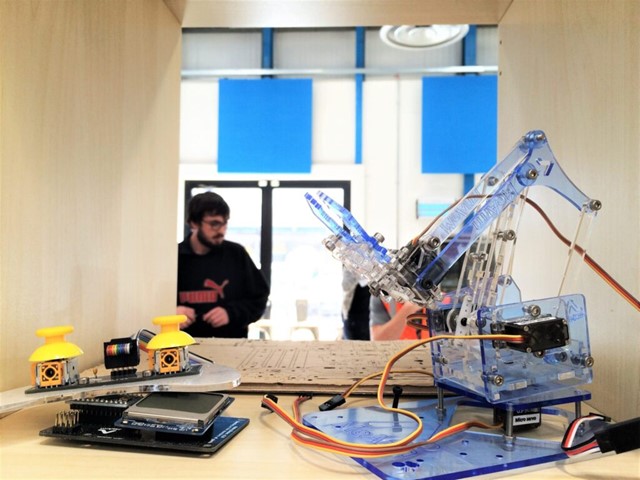
Over the past three years, the I SKILL “Industrial Relations and Social Dialogue to Kick-In Inclusive Adult Learning” project investigated how industrial relations and social dialogue can drive progress in adult learning in the EU, in the context of the digital and green transitions. In this project, adult learning referred to a range of formal and informal learning activities, both general and vocational, undertaken by adults after leaving initial education and training. Besides analysing the changing demand and supply of skills, I SKILL studied the barriers that both workers and companies encounter, and which hamper participation in or provision of adult education. As the core topics of I SKILL overlap with those covered by BRIDGES 5.0, we here reflect on the main insights from the I SKILL project and discuss how those relate to Industry 5.0 from a skills and training perspective.
Persistent labour shortages draw attention to up- and reskilling
Against the backdrop of the digital and green transitions, labour markets in Europe have been under significant pressure, as labour shortages persist in various sectors and occupations. Labour shortages have been attributed to both quantitative and qualitative mismatches in the labour market. Policy measures often seem to target the quantitative dimension – the lack of sufficient workers – in particular. Examples are (re)activation policies, or measures fostering migration or labour mobility. Quantitative mismatches can, at least in part, also be linked to poor job quality. Physically demanding work, for instance, is less attractive for workers, while jobs with a high workload can face worker retainment challenges. Qualitative mismatches imply that the demand and supply of competences are not aligned, in that way highlighting the importance of up- and reskilling. Given its focus on adult learning, the I SKILL project connects in particular with the latter dimension. The project, however, showed that policies targeting up- and reskilling are often isolated rather than integrated in an overarching labour market or industrial or economic policy. With its emphasis on human-centricity, Industry 5.0 connects to both types of mismatches. As such, it provides a more encompassing framework, which is key to address the changing demand and supply of skills. This focus on human-centricity also presents a commitment to delivering jobs of a higher quality, which are more fulfilling and provide opportunities to grow. For those sectors with persistent labour shortages, improving the working and employment conditions has been suggested as a key strategy to tackle this issue.
The adult learning ecosystem
Another challenge that emerged from the I SKILL project is that the ecosystem of actors involved in adult learning is typically extensive. It includes actors such as government bodies, trade unions, employer organisations, sector funds, public and private training providers, and others. Advantages of larger ecosystems involving many actors may be that workers and companies are better supported and that the training offer is more substantial and diverse. I SKILL, however, also revealed downsides, such as a fragmentation of available resources, ambiguous responsibilities and roles of different actors. Furthermore, workers and companies can struggle to find training that matches their needs as the offer becomes untransparent and its quality difficult to assess. This also makes the sharing of good practices difficult. BRIDGES 5.0 should take note of this challenge and address it by co-developing and delivering solutions, recommendations and tools targeted to several actors in the domain of work and skills. The Industry 5.0 platform can provide guidance and support on this point. The I SKILL project further provided support for the key role that the social partners organisations can play in identifying skills needs and training opportunities.
Workplace learning
Although adult learning can take on different forms, it is often considered in terms of in-class or digital training, or as training covering aspects that can be easily tracked and validated. This poses a challenge as some groups of workers have poor previous training experiences and may be reluctant to pursue further formal training. Other groups are often overlooked and tend to receive fewer training opportunities (e.g. workers further away from core activities, temporary workers), for example due to the high cost and time investment of formal training. One challenge identified by I SKILL regarding formal training is that modifications to the training offer are typically too slow to keep up with developments in the labour market and to meet changing skills needs. Starting from formal education as the baseline, the debate on adult learning risks to become one-sided, focused too much on the (formal) training offer and too little on the training needs. Workplace learning, however, is one of the main forms of learning in Europe, and thus deserves more attention from policy-makers and stakeholders. Workplace learning has a central place in the BRIDGES 5.0 project, with the concept of teaching and learning factories that are developed and tested – training interventions which replicate actual work environments.
A lifecycle approach to skills and learning
A final insight arising from the I SKILL project is that of a paradigm shift when it comes to skills and training. Consulted experts and stakeholders agreed that one must let go of the idea that we learn, work and then retire. Instead, learning and working must go hand in hand, and this is especially important in a context of the digital and green transitions and the move towards Industry 5.0. All these transitions are dynamic, they alternate between accelerating and slowing down, and have varying impacts across groups. Continuous efforts to learn and to support learning are pivotal to be able to reap the benefits of the transition towards Industry 5.0.
Related articles
May 11, 2024









